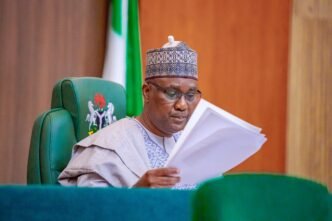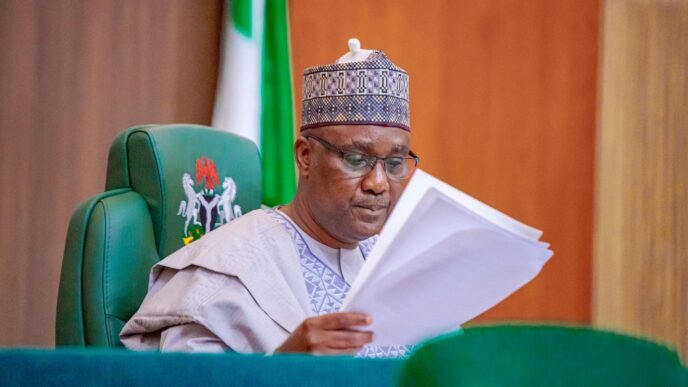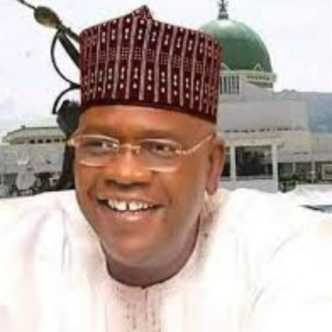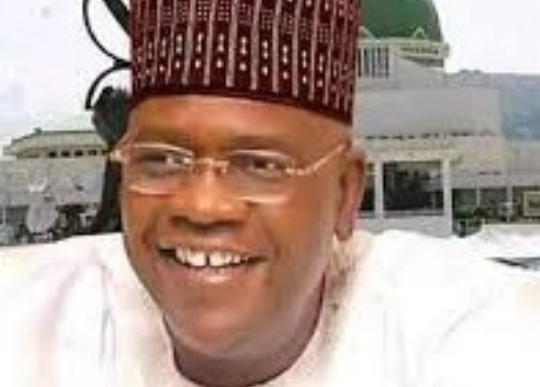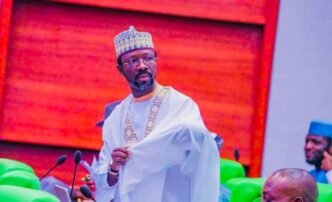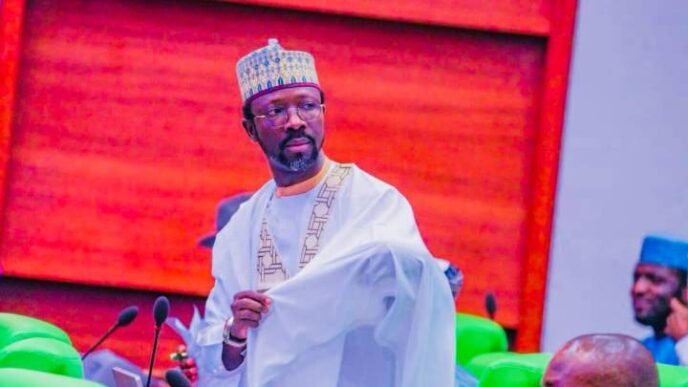The “Fifty-Year National Economic Plan Act for Nigeria (Institution) Bill, 2025” (HB.2488) has recently been proposed in the Nigerian House of Representatives. While the full text of the bill is not yet publicly available, its primary objective is clear: to create a long-term, binding economic development plan for the country.
Hon. Amobi Godwin Ogah, the sponsor of the bill, represents the Isuikwuato/Umunneochi constituency of Abia State. His initiative seeks to establish a new institution that will be responsible for the development, implementation, and monitoring of a comprehensive 50-year national economic master plan. This proposal has emerged in response to a longstanding issue in Nigeria’s economic governance, which has often been marked by inconsistent and short-term policy approaches.
Proponents of the bill argue that a long-term economic plan is crucial for achieving sustained and inclusive growth in Nigeria. They believe such a plan would:
- Overcome Political Cycles: By creating a binding framework, the bill aims to prevent successive administrations from abandoning or reversing the economic policies of their predecessors, ensuring a more stable environment for development.
- Provide a Clear Direction: The proposed plan is intended to serve as a unified blueprint for growth across key sectors, including infrastructure, education, healthcare, technology, and agriculture.
- Enhance Accountability: The bill would establish clear metrics against which citizens and stakeholders can assess government performance regarding national goals.
- Boost Investor Confidence: A long-term, predictable economic framework is seen as essential for attracting both domestic and foreign investment.
As of now, the bill has successfully passed its First Reading in the House, marking an important first step in the legislative process. The next phase will involve a Second Reading, where lawmakers will engage in detailed debate on the bill’s principal objectives. Following this, it will enter the Committee Stage, during which relevant committees will review the bill clause-by-clause and potentially hold public hearings to gather stakeholder input.
This proposed legislation reflects a broader critique of Nigeria’s approach to economic governance, emphasizing the need for a cohesive, long-term vision akin to those adopted by other countries to guide their economic and social progress. If enacted, the Fifty-Year National Economic Plan Act could mark a significant shift in Nigeria’s economic policy landscape, aiming to create a more strategic and sustainable pathway for the nation’s development.


